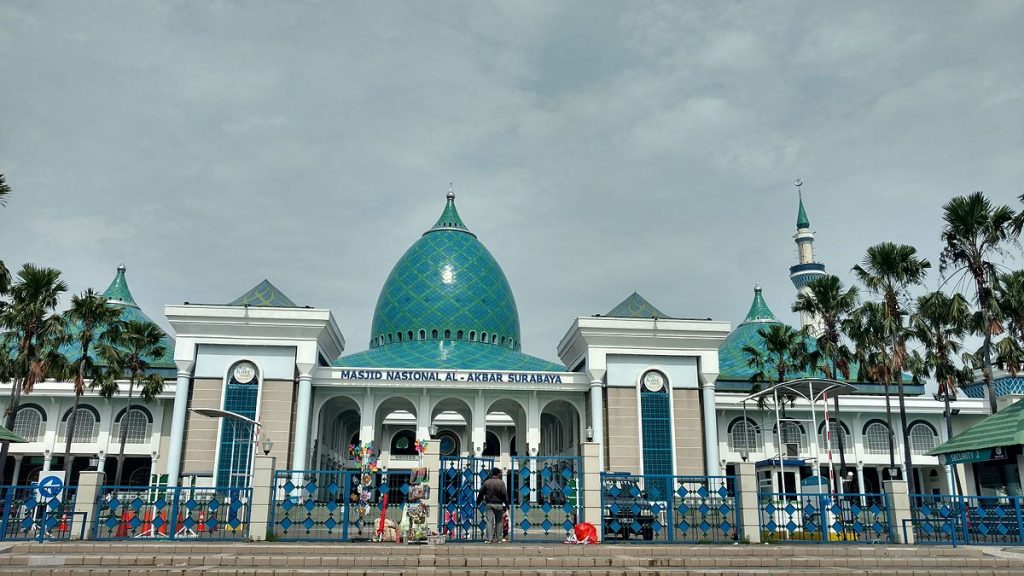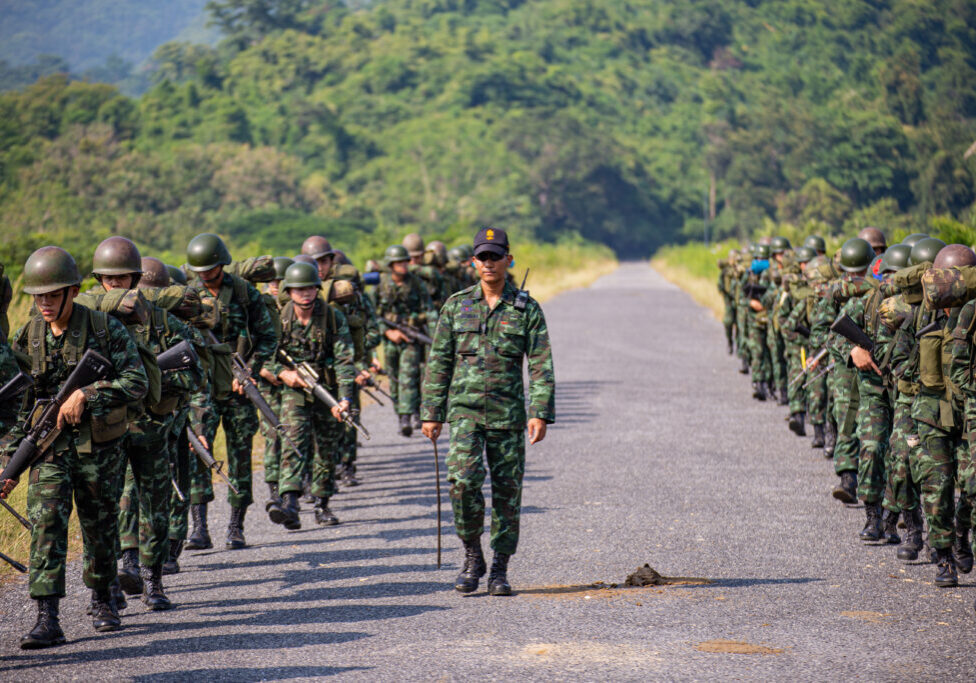Australia/Israel Review
The Last Word: Terror nullius
May 31, 2018 | Jeremy Jones

By the time I made my first visit to Surabaya three years ago, it was already too late to see the historic Beth Shalom Synagogue, which was demolished in 2013.
The Jewish section of the cemetery, still functioning, remained open to anyone who could nominate the name of a deceased person’s grave they wished to visit (“Cohen” worked for me).
In the compound, a number of Indonesians asked me respectful and thoughtful questions about Judaism and expressed some pride in the fact that Jews had once been part of that multicultural city’s human mosaic.
I was in Surabaya as part of a speaking and meeting tour, with each city, town and village providing opportunities for constructive dialogue and mutual learning.
My final destination before taking a flight to Jakarta was the beautiful Al-Akbar National Great Mosque and as my travelling companions prayed, I walked around the interior enjoying the architecture and atmosphere.
A young man came up to me and asked where I was from, whether I liked the mosque and what I was doing in Indonesia.
When I told him I was promoting interfaith understanding and cooperation, he asked whether I was a Muslim, and when I said I was not he told me I had to leave the mosque and wait with him until my friends completed their religious devotions.
When we were reunited, my friends – who had been with me in 10 other mosques during that trip – berated the security guard and were only partially mollified by his explanation.
It transpired that a group of Islamist extremists, identifying themselves with Daesh (IS), had threatened Muslims who had not protected Islamic places from the contamination of non-Muslims, and the guard had decided it wasn’t worth it for him to risk calling out what may or may not have been a bluff.
I wasn’t being singled out – some Catholic nuns, who had earlier removed the small silver crosses from their clothing, had also been sent on their way on the grounds that they could “provoke” extremists.
So I was less surprised, if no less horrified, than many others who witnessed the series of “family” terrorist attacks on churches and police in Surabaya.
Indeed, the more one learns about the mindset of terrorists who have convinced themselves they are serving a Higher Power through murdering non-believers or believers who don’t accept their world view, the less one is able to be shocked by their depravity and inhumanity.
Nevertheless, the mere thought, let alone sight, of young children accompanying older siblings and parents on missions of homicide and suicide can leave one numb with revulsion at the people who imagined, planned and committed such crimes.
Two experts on Indonesia who toured Australia recently, Sandra Hamid and Rahimah “Ima” Abdulrahim, were challenged on the meaning and significance of the Surabaya sadists during a session at the Lowy Institute in Sydney.
The issues they identified, in the course of thoughtful and nuanced responses, included problems in sections of government, civil society, communities and religious activism.
On the subject of religion, they agreed on the problem but not on the best way to deal with it.
Sandra Hamid felt evil messaging should be combated with positive messaging, while Ima presented a case for involvement by government in sanctioning preachers and polemicists.
They noted the importance of mass membership Muslim organisations in contributing to community cohesion, but also that new media and changing social dynamics had opened the door to exclusivist and aggressive alternatives.
One strategy not recommended was the Malaysian program – where violent and potentially violent Islamists were being convinced that there was a better prospect of achieving world domination and subjugation of non-Muslims through peaceful means, by exploiting weaknesses in democracy and social discord.
Indonesia has a strong tradition of inclusive and tolerant Islam on which to draw – and all people of goodwill will hope that this equips it to triumph against the new manifestations of malevolent Muslim manichaens.
Tags: Asia






